I have always been proud of the fact that I’m of Cuban decent, but the truth is I was born in the United States, as were my parents. What did it really mean to be Cuban? It meant we had our traditions, spoke Spanish as our first language, and ate a lot of picadillo. But, being Cuban took on a whole new meaning on my first trip to Cuba.
The timing was everything. It was December 2016, Fidel Castro had just died and Donald Trump was going to be the next president of the United States of America, there was no better time to visit my ancestral homeland. I booked my flight and asked my family where I needed to go, I had our 7 day agenda jam packed.
I was setting off to Cuba with romanticized notions of what Cuba would be. It was vastly different from any other place I had traveled to and I had been dreaming of this trip for as long as I could remember. As we boarded the second plane from Houston to Havana on December 17th I couldn’t help but feel an overwhelming sense of joy and belonging. I looked around at the people: tourists, folks with Cuban passports in hand, and multiple people dressed in purple and burlap to celebrate dià de San Lazaro, Saint Lazarus day, a sacred religious holiday for Cubans. As the plane began its’ descent into Havana the passengers erupted with cheers and tears of joy. People were returning home, others, including myself, where overwhelmed with excitement to see the island. This trip meant so much to me before the plane even hit the runway.
The warmth of the island hit me as soon as I stepped off the plane. It was more than just the weather, it was the atmosphere. It was the fact that I heard the Spanish that sounded like that of my families, it was the fact I got to say “si” to the question “¿Primera vez en Cuba?” (first time in Cuba?), which was followed by a simple “Bienvenido a Cuba” and a smile.
Once we exited the main (very small) airport in Havana, we rented a taxi to trek two hours to settle in the touristy city of Varadero for the next four nights. Yes, I said touristy. Cuban was only cut off to Americans for a long time, not the rest of the world. It was the most beautiful peninsula of powdered white sand beaches and crystal clear water I have ever seen.
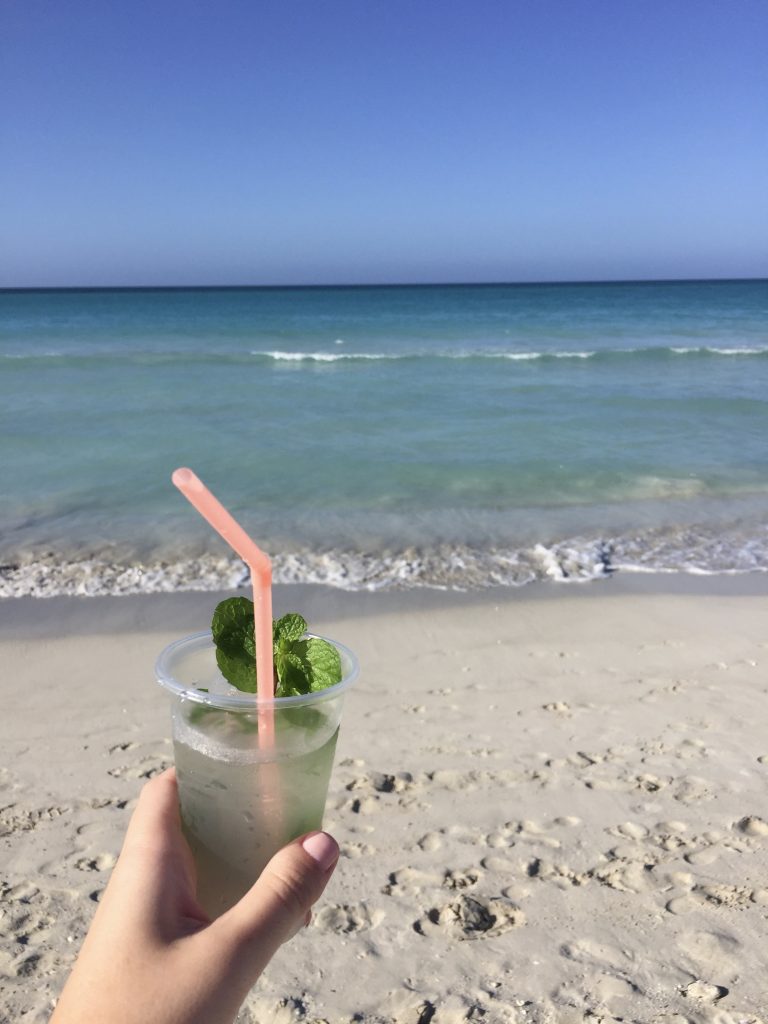
On the second day, my boyfriend enjoyed his snorkeling trip in the turquoise sea as I enjoyed chatting with our skipper about his daily life in Cuba. His day began with a meal of cafe con leche, bread that he dipped into his coffee to soften it, and huevo frito (fried egg). Most of being Cuban seems centered around our food, so naturally I was curious what Cuban people ate on a daily basis, especially because I didn’t see any grocery stores on the 2-hour drive from Havana to Varadero. I also knew rations where a part of living under the Cuban government.
He explained how the government gives them oil, rice, beans, some eggs, and extra milk and yogurt for his little girl. However, they did not have the privilege of choosing their daughters juice or yogurt flavors. He explained “Sometimes she wants apple juice, but there’s only orange juice. It’s awful when you’re sick, you want something, but there’s no choice.” He said it wasn’t enough food, and that’s why he worked a second job to have more means to buy what his family needed. He said it was especially difficult because his wife has an iron deficiency and low blood sugar (which sounded a lot like anemia to me, but honestly I didn’t know how to say that in Spanish to ask). He explained how scarce beef is in Cuba. So much so that there is a black market for meat and killing a cow will get you more time in a Cuban prison than killing another human would. I couldn’t help but feel sad thinking about all the meat we waste in the U.S. while there’s people just 90 miles south of Florida that would do anything for that half-eaten burger we could carelessly toss out.
He said that the hotel didn’t own the hut where we signed up for this snorkeling trip so when it got too windy, as it was starting to while we were out in the water, they’d close up early for the day. “Then I go to my second job, I teach people the, you know, surfing with the flag,” he said in his broken English, he meant kite surfing. He proudly stated he picked up some Italian, German, French, and English from all the tourist he meets and liked to practice so we spoke Spanish. He told me about his travels too. Him and his wife had friends in the UK that they had recently visited. He said he and his wife take the bus each morning into work, since she worked as a maid at a nearby hotel. And once a week him and his wife have lunch at their daughters school with her, it was usually a spaghetti day. Despite the struggles of food, he seemed very happy as he told me about his life.
The next day we ventured to the colorful town of Trinidad. We didn’t get to talk to many people while we were here, but we had a guide who explained the history of Cuba on the 4 hour drive from Varadero and who went in depth to explain the two towns we visited. Here is where we saw how Cubans used “la libreta” to purchase their food given by the government. There was hardly anything.
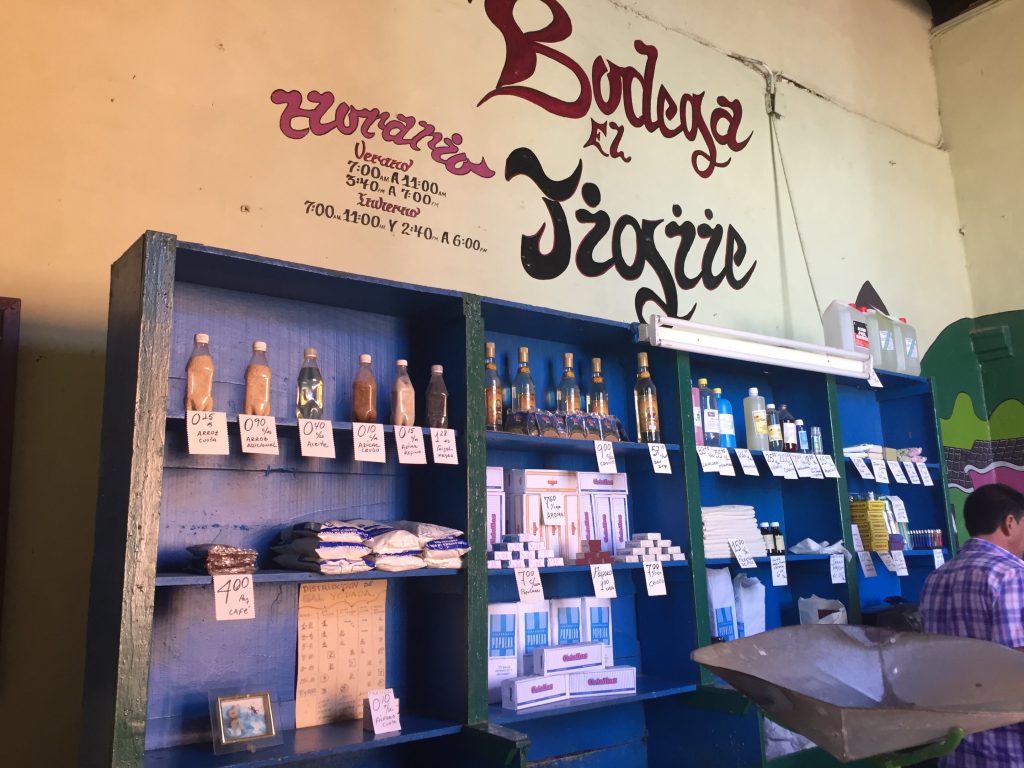
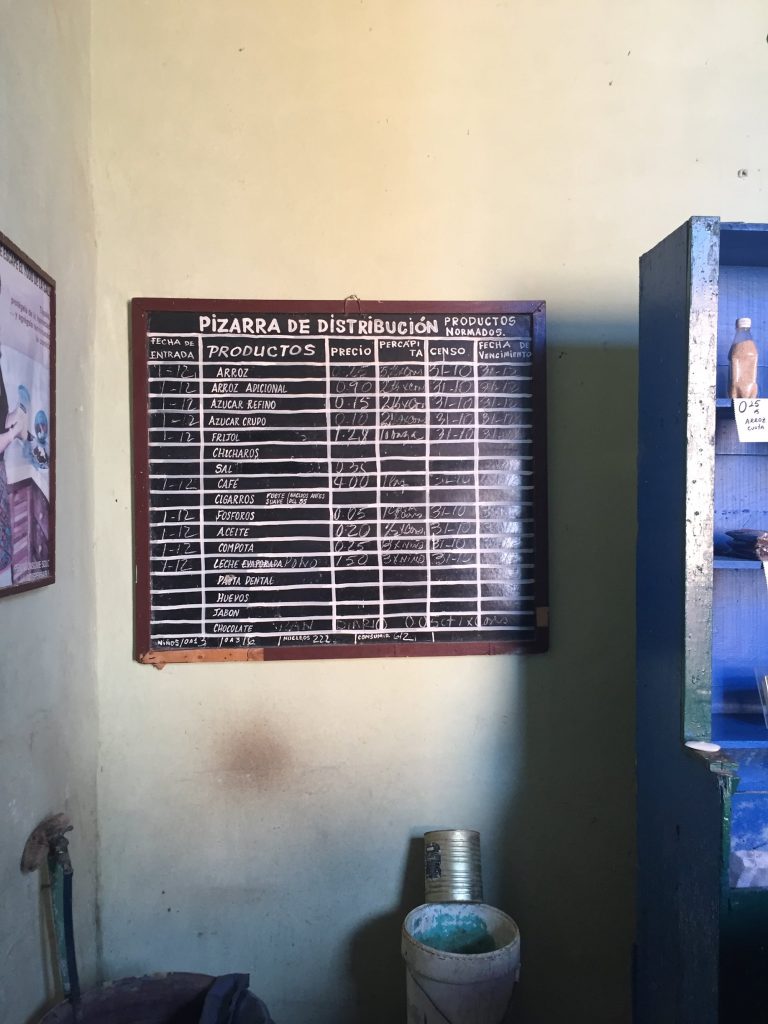
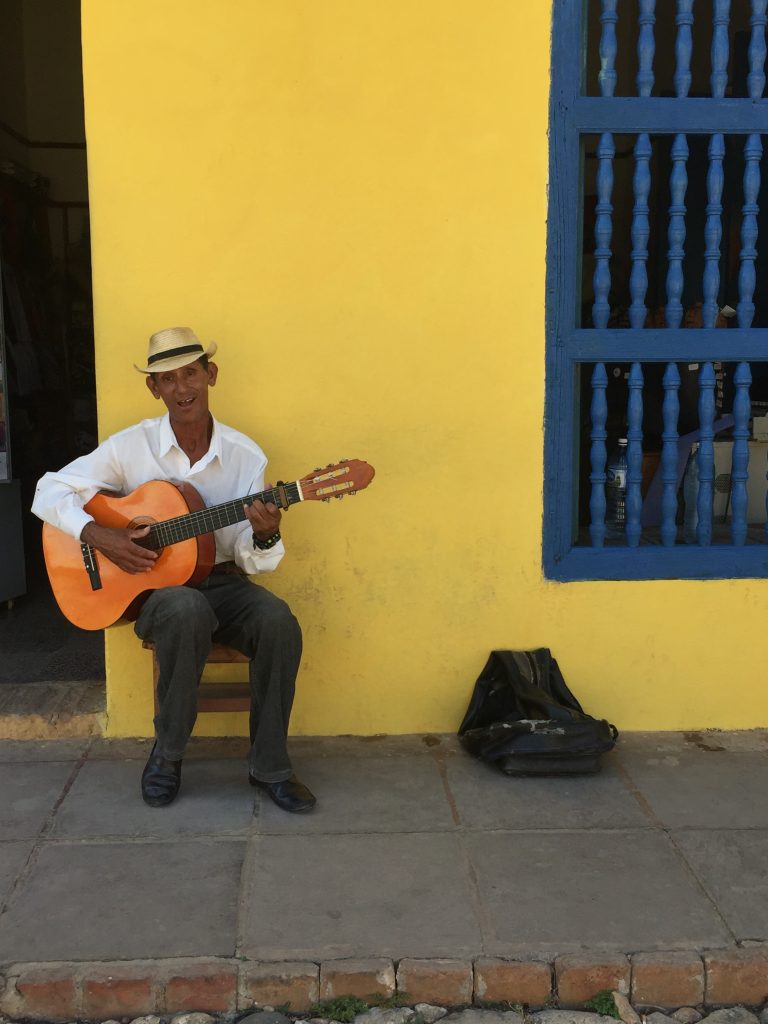
After learning about Trinidad and enjoying the beauty of the town we drove back to Cienfuegos. Cienfuegos paid homage to their most famous resident, Benny Moré. Part of my family is also from Cienfuegos, the legend in my family has it that Benny was my great grandfathers’ very best friend. They met because Benny’s mother was my families housekeeper. We didn’t have enough time to see much of Cienfuegos, but I know when I return I plan to have old family photos in hand and track the roots of family tree.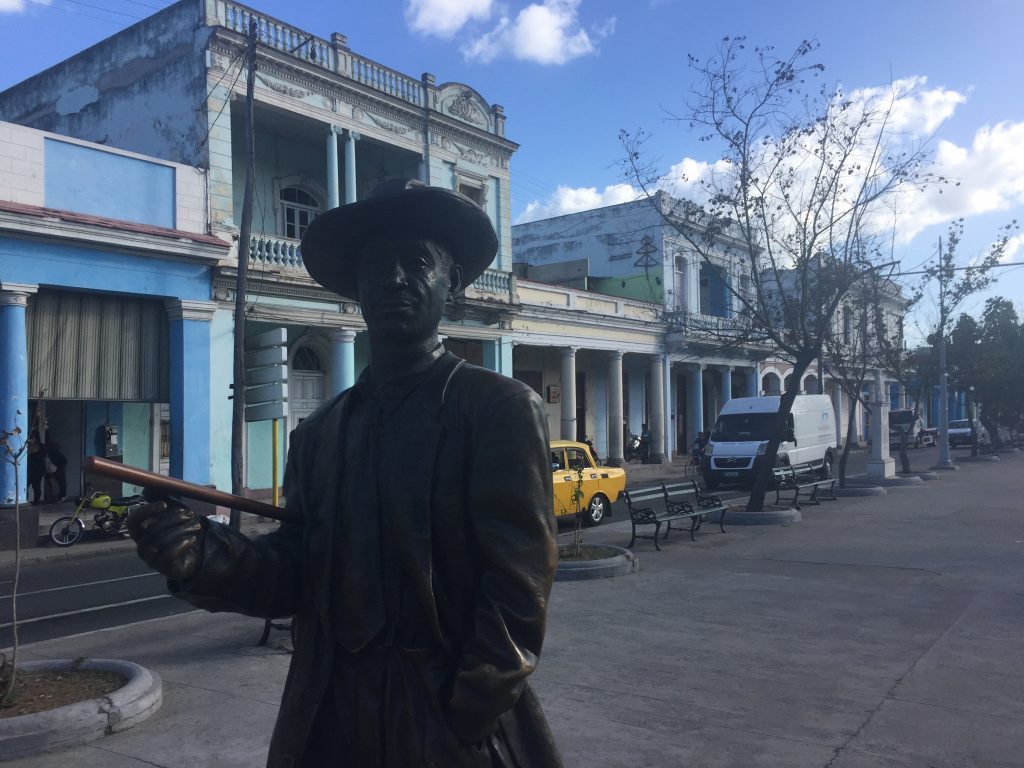
We spent the last day and a half in Varadero enjoying the beach and eating the best Cuban sandwich I’ve ever had from a hut that an older lady ran at the hotel. She seemed famous in her own right, all the staff came up to her during lunch to beg for one of her delicious creations.
We made our way back to Havana.
Havana Vieja was so full of life, people dancing, kids playing soccer in the plaza, music filled the air. I’ll never forget walking thru the Plaza the Armas one day and there being a full orchestra playing for whatever reason.
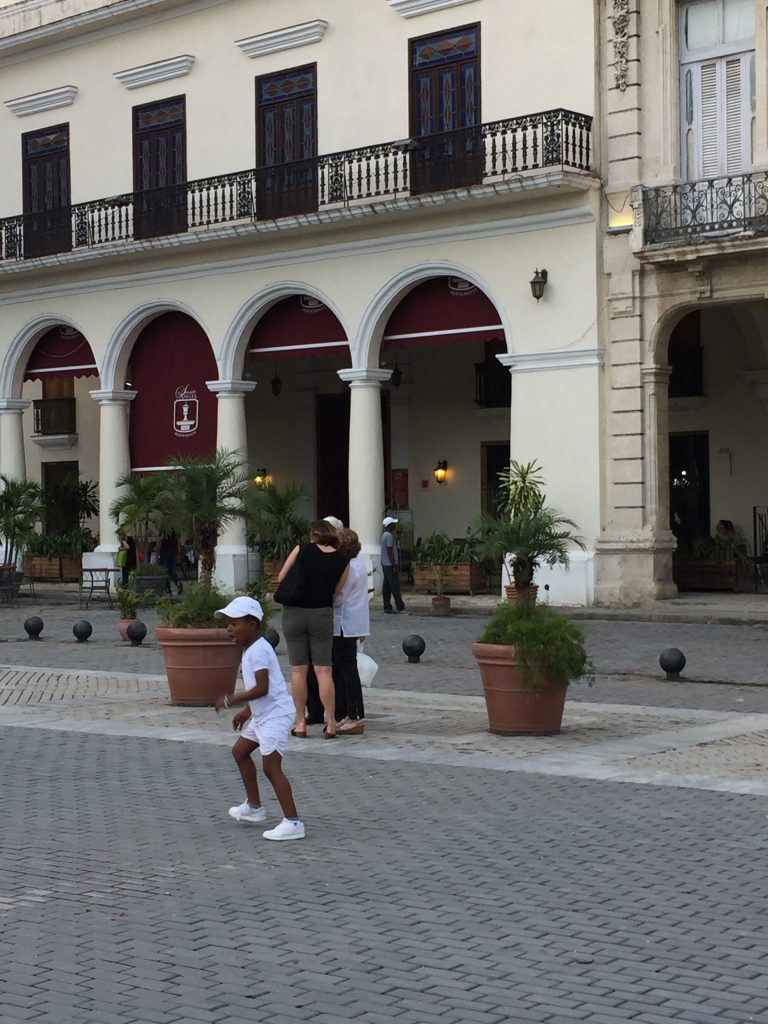
The next day we went to see the vegetation of Viñales. It was more lush than I ever could have imagined, it nearly glowed. While the contrasting red soil used for growing tobacco gleamed. That is where we met this hilarious character who showed us his tobacco farm, how they grew the leaves, how he dried them, and how he rolled a perfect cigar. He challenged a Canadian teen to try his cigar. He then invited the group into his home for some Cuban coffee spiked with rum.
We spent the last two days in Havana. I saw something truly charming right off the famous Prado street. I saw a man toss his cigarette, that he had just lit, to help an elderly woman down the stairs. She thanked him and they parted ways. I was certain they were strangers. I was also certain you won’t see that in the U.S., at least not in Los Angeles. Prado was full of teens handing out and skateboarding at all hours and men playing games of chess during the day. It seemed to be a community of it’s own. 
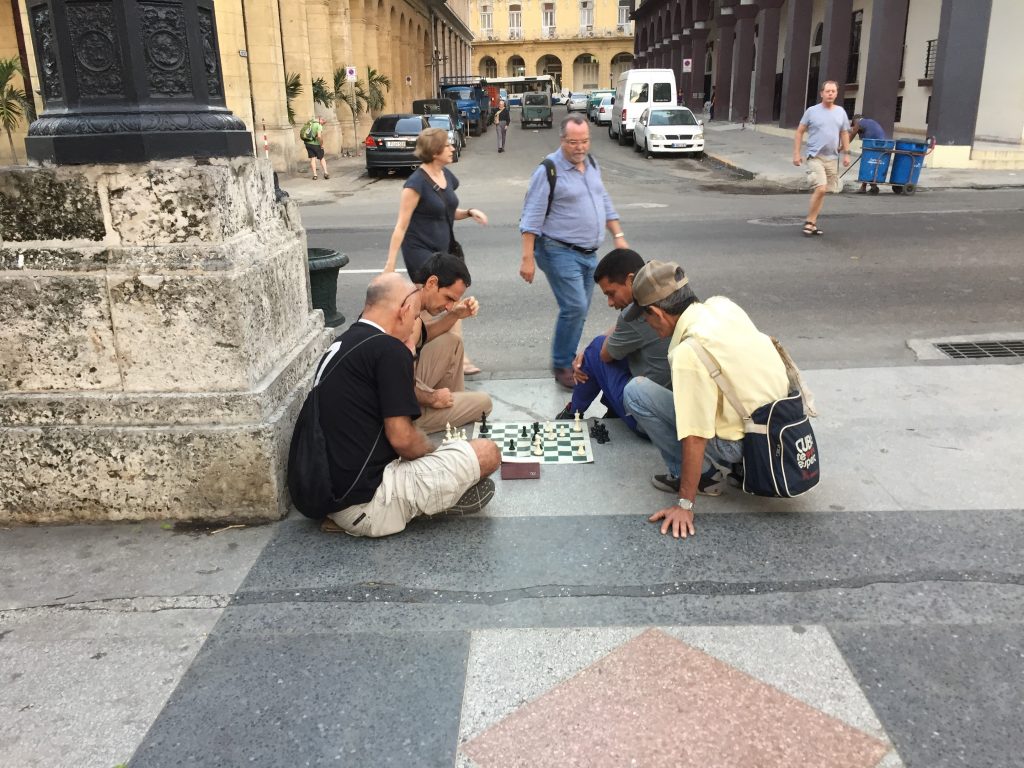
I know being in Cuba for only one week barely scrapped the surface of all of the island’s beauty and complexity. Regardless I encourage everyone, especially Cuban Americans, despite your families political beliefs to see your motherland with your own eyes. See the natural beauty, hear the music fill the air, and talk to the people. That’s where the real meaning of being Cuban comes to life.

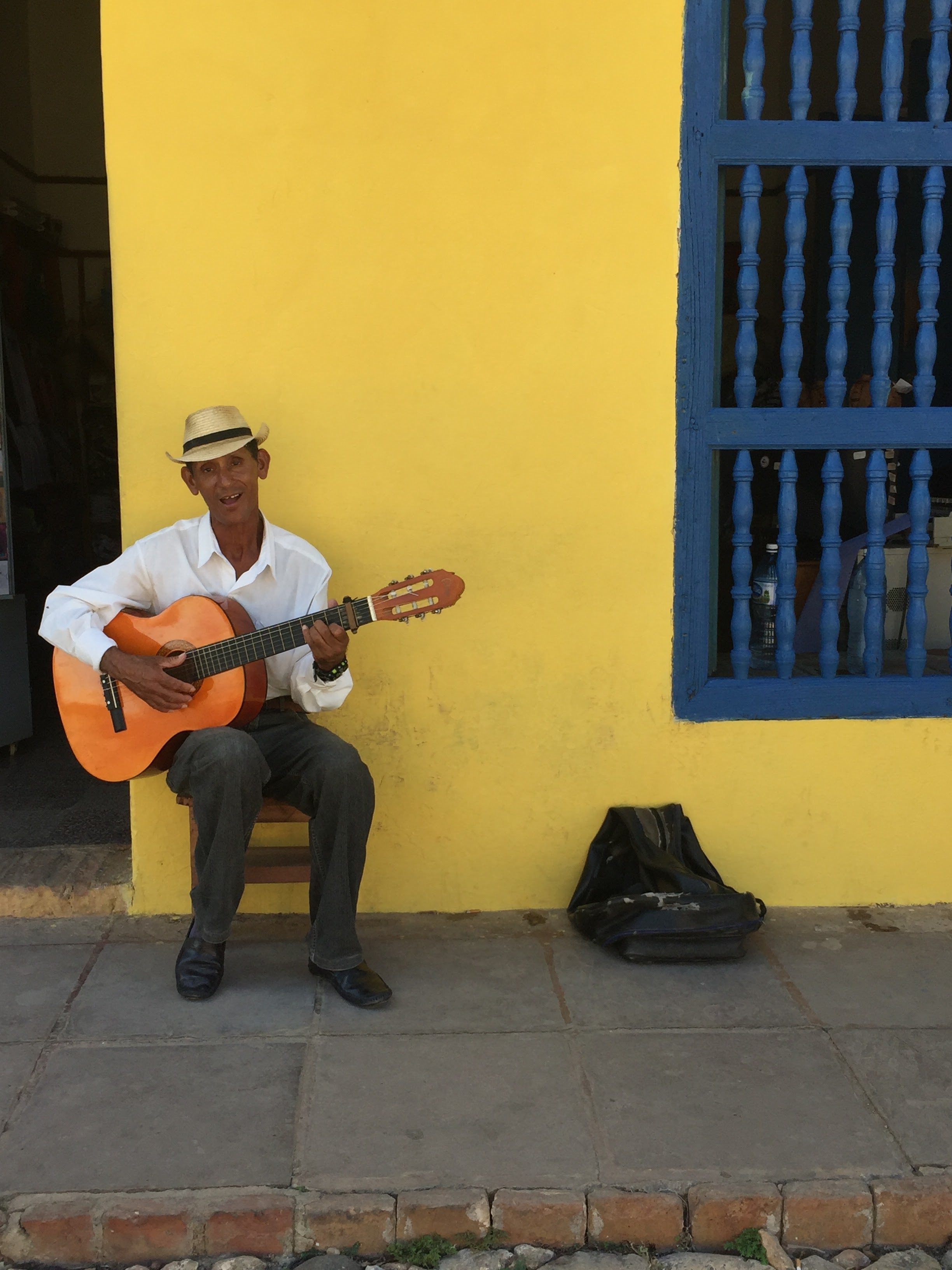
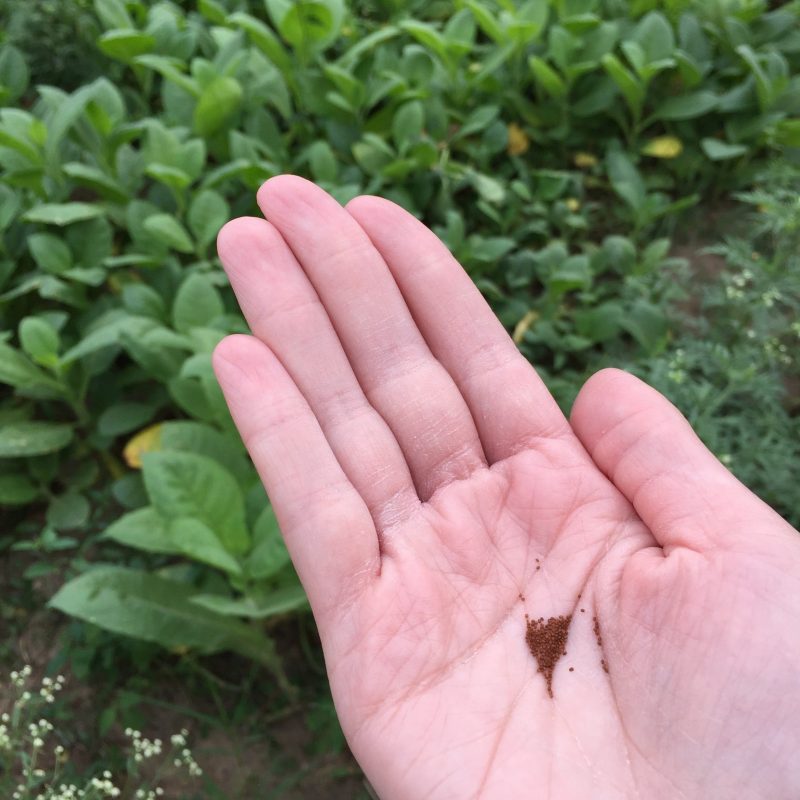
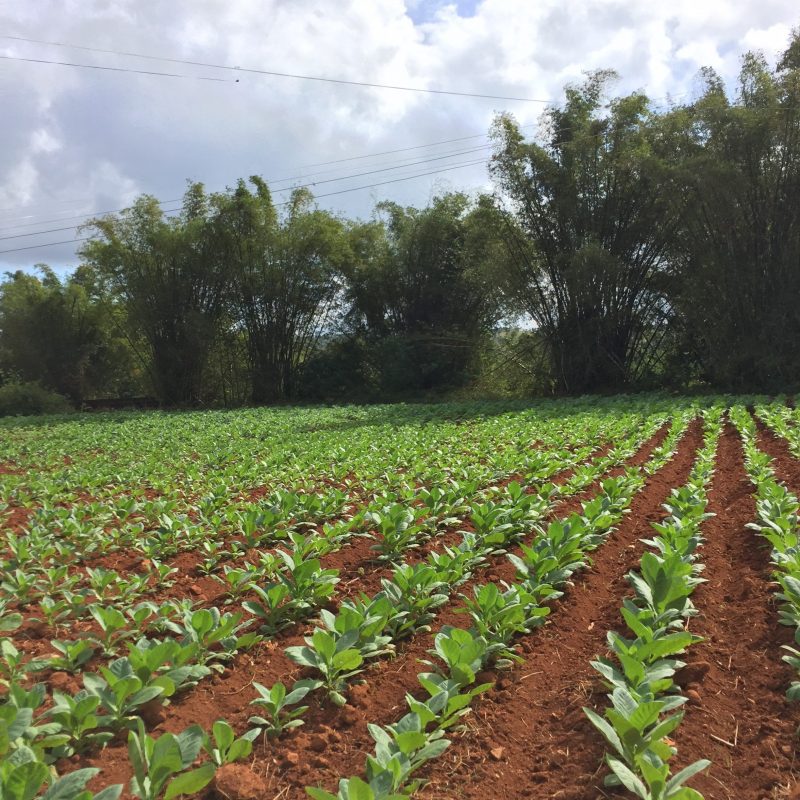
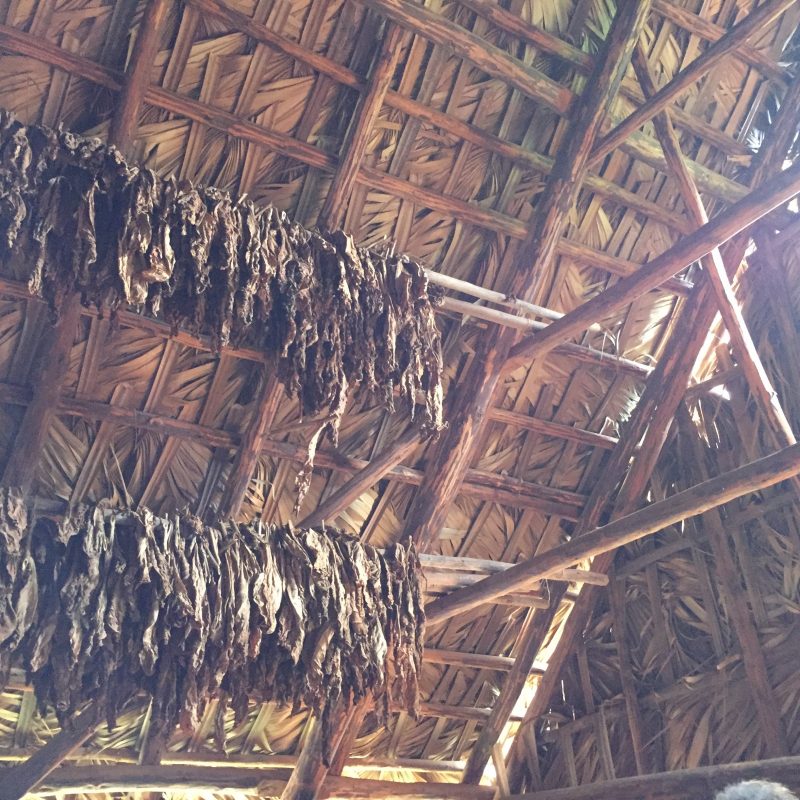
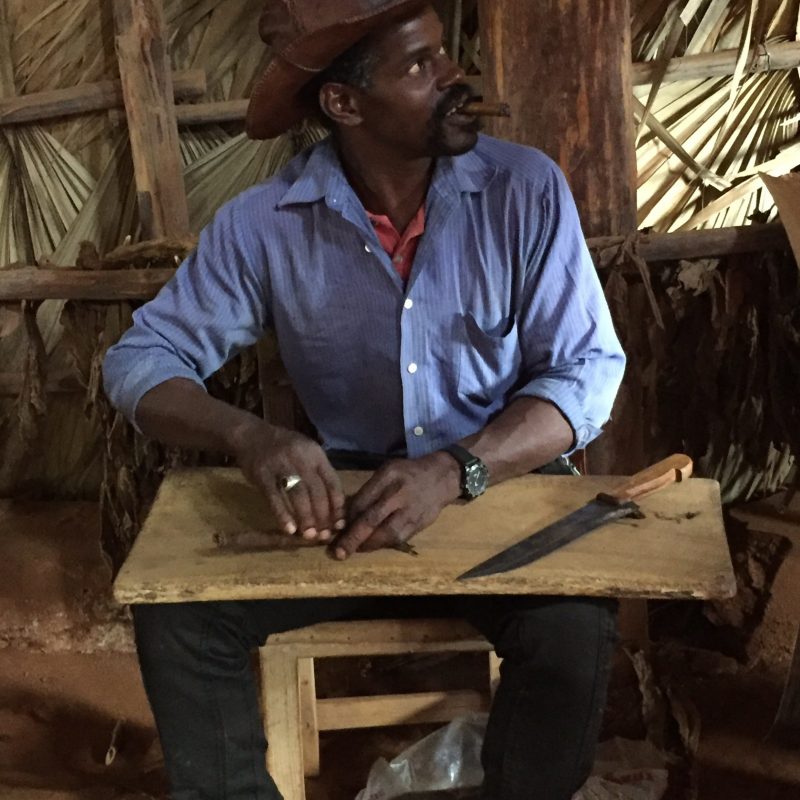

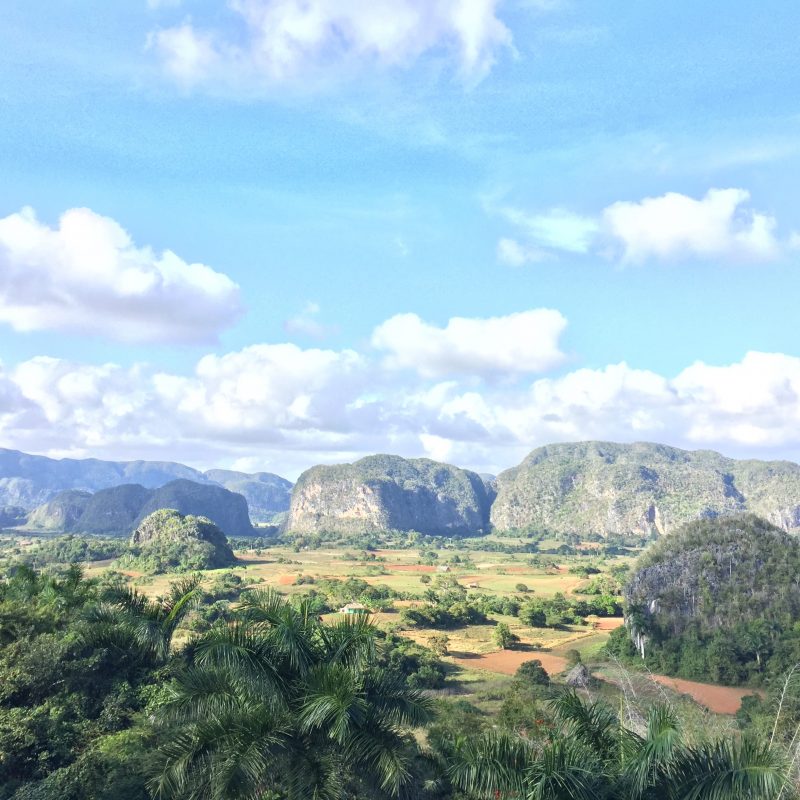

This is amazing!
Thank you!